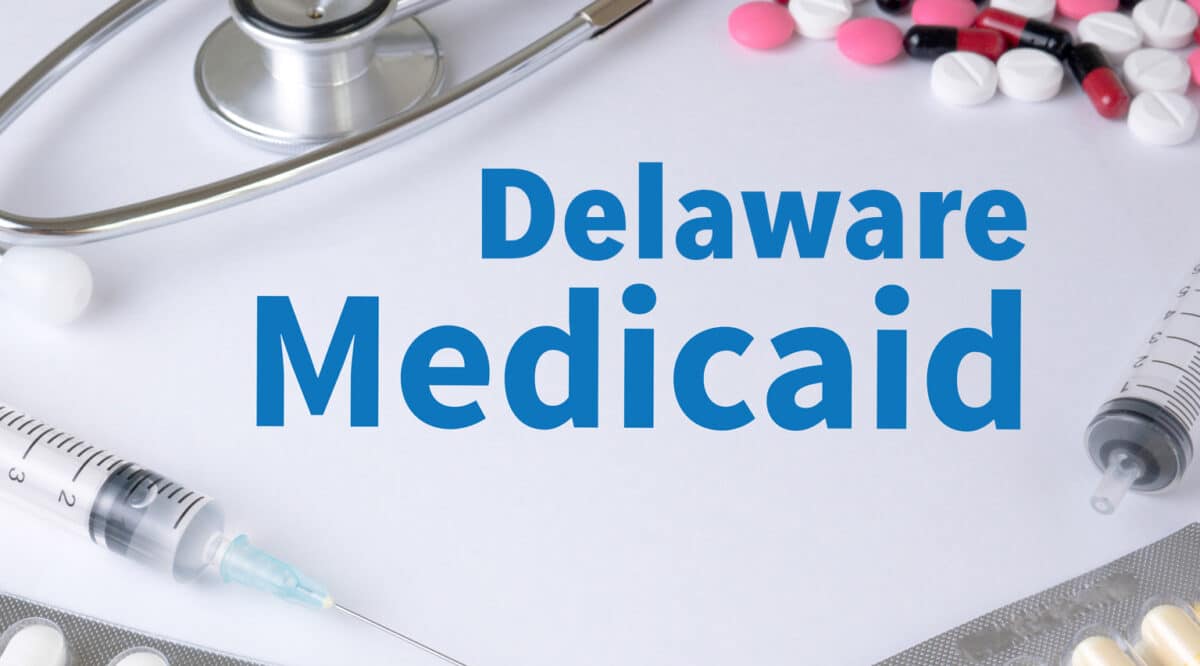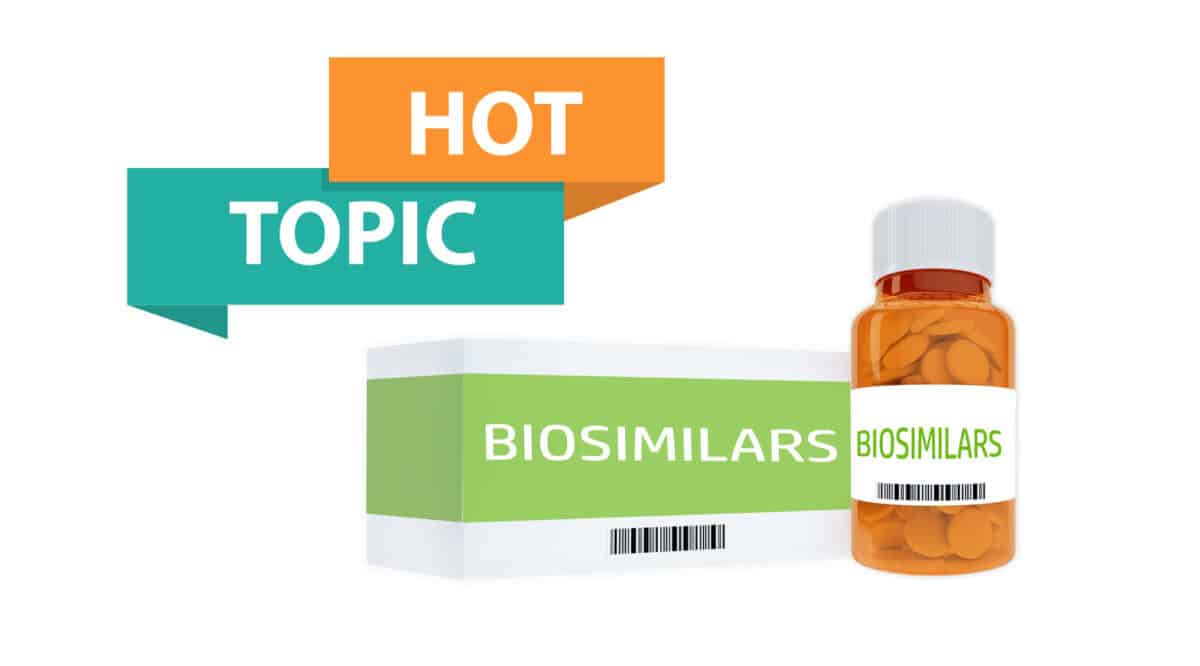Several recent reports have touched on biosimilars and today we’ll offer up some new data that shows how pricing is being impacted.
A new university study drills down into the pricing trends of two well-established follow on biosimilars, Fulphila and Udenyca, as well as Neulasta, their reference product.
Here’s what’s interesting…..
The use of pegfilgrastim biosimilars was associated with lower patient OOP costs….. but the biosims did not generate the lowest health plan costs! As noted below, out-of-pocket costs were 47% to 59% lower for patients overall, but, payer costs were actually lower for Neulasta vs. the biosimilars. Go figure! Bottom line, the researchers found no significant differences in febrile neutropenia treatment and management costs between biosimilars and the brand product.
So, we can see two things in this analysis.
First, the list price of Neulasta has dropped significantly since competition appeared on the scene.
Second, rebates further mask how patient out of pocket costs are assessed while payer costs are still likely to be even lower than the study was able to document.
Oh what a tangled web….. even with data.
No Significant Cost Savings From Neulasta Biosimilars for Payers
A study of Neulasta (pegfilgrastim) compared with its biosimilars in the prevention of febrile neutropenia has shown savings for patients but not for payers.
Use of Neulasta and other white blood cell growth stimulators is recommended as prophylaxis to lower the risk of infection following myelosuppressive chemotherapy. However, real-world studies of the savings have been lacking, according to lead author Ching-Yu Wang, M.S., of the Department of Pharmaceutical Outcomes and Policy at University of Florida in Gainesville, and his co-authors.
Wang and his co-authors acknowledged that competition from Neulasta biosimilars, five of which have been approved by the FDA since 2018, has succeeded in pushing down the price of Neulasta. By the second quarter of 2021, Neulasta’s average sales price had dropped 41%, according to its maker, Amgen.
But if appearances are to be believed, Neulasta, despite being the reference brand, is not selling at a premium to its biosimilars. Wang and his co-investigators said that during the 2019, one-year period they selected for retrospective analysis of commercial payer data, there was no significant difference in payer costs for febrile neutropenia management between Neulasta and two of its biosimilars, Fulphila (pegfilgrastim-jmdb) and Udenyca (pegfilgrastim-cbqv). They reported their findings in the July 2022 issue of the Journal of Managed Care and Specialty Pharmacy.
One major limitation of that finding, though, was that information was not available on discounts and rebates manufacturers gave to payers to incentivize preference of Neulasta or the biosimilars.
“For managed care pharmacies interested in adopting pegfilgrastim biosimilars, prices offered by manufacturers after considering all discounts and rebates is a determining factor,” Wang and his co-authors wrote.
The study looked at costs of primary prophylaxis use of the reference product and its biosimilars for patients receiving chemotherapy in the first cycle. Patients were predominantly treated for breast cancer (> 64%), lung cancer, and non-Hodgkin lymphoma.
Data show that out-of-pocket (OOP) costs were 47% to 59% lower for patients who received biosimilars as primary prophylaxis for febrile neutropenia. Again, there were limitations attached to this finding. One was that 67% to 83% of patients paid nothing for treatment in the first cycle, possibly because of manufacturer patient support programs or possibly because patients had maxed out their deductibles and co-pay requirements by the time Neulasta and the biosimilars were prescribed, the researchers noted.
In the study (N = 1,930), 46% of patients used Neulasta; 22%, Fulphila; and 32%, Udenyca. The respective per-patient, per-cycle reference drug or biosimilar OOP costs were $299, $182, and $159, Wang and his co-authors wrote.
Payer costs for the biologic drugs were clustered in a narrow range: Neulasta, $5,618; Fulphila, $5,783; and Udenyca, $5,845.
When it came to per patient, per cycle febrile neutropenia treatment and management costs, health plan costs, and total costs overall, there were no significant differences for patients who received either the reference product or its biosimilars, study authors said. OOP treatment costs for patients were $192 for Neulasta, $197 for Fulphila, and $240 for Udenyca. The respective FN treatment costs for health plans were $2,804, $2,970, and $2,745.
Although savings studies of Neulasta vs biosimilars are rare, use of Neulasta biosimilars could produce savings that enable expanded access to treatment for patients with non-Hodgkin lymphoma, according to a recent simulation study led by Ali McBride, Pharm.D., M.S., BCOP, former clinical coordinator of hematology/oncology at the University of Arizona Cancer Center and currently director of health economics and outcomes research for Bristol Myers Squibb.
McBride was also lead author on another recent simulation study that suggested significant cost efficiencies are possible by switching patients from the Neulasta on-body injector to standard Fulphila injections. Those potential savings were based on on-body injector failures and related FN hospitalization costs.
Tony Hagen, Managed Healthcare Executive








